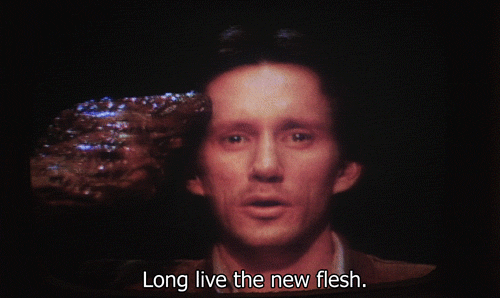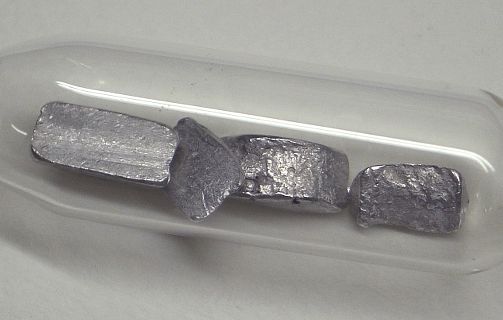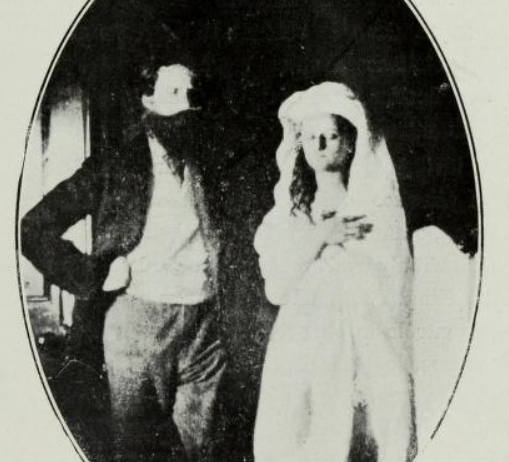Some strange things about this film I noticed on my rewatch, I say rewatch because I saw it years ago but went back to remind myself what the film was really all about. I have to say that this viewing was not at all like the first viewing I had around late 80's or early 90's. So on to the strangeness of this film.
The first thing I noticed that was really odd in a script is that the character Brian O'Blivion is running a church cult group called the Mission of the Cathode Ray Tube.
That combined with O'Blivion's words on his television interview, something about the excitement of the future vibrations of the cathode ray tube, got me thinking about the weird connection with the real world creation of televisions. As it turns out, the cathode ray tube was invented in an indirect sort of way by a man named William Crookes.
Crookes was a pretty damn serious scientist. He proved the existence of cathode rays by using a device named a Crookes tube. He discovered the element thallium through the use of spectroscopy.
He invented the Crookes radiometer, also known as a solar engine, which rotates in the presence of electromagnetic radiation.
William Crookes work led to the creation of the cathode ray tube and then later the television. Perhaps the strangest thing about Crookes is that he was also into the paranormal, so much so that he set up a laboratory for testing mediums and psychics to see if they really could contact some sort of other world. Here is a pic of Crookes with another person who he claimed was actually a ghost named Katie King.
So there is this strange connection to the cathode ray tube and a man named Crookes that was into weird spiritiulism of the time as well as a brilliant scientist. There were other strange things as well, for example, the character Barry Convex is the guy responsible for Videodrome and he is running a cover company called Spectacular Optical.
I immediately thought of the Virtual reality known as Oculus Rift.
That pretty much makes Zuckerberg the real life version of Barry Convex. Think I'm lying? What did Maxx, played by James Woods, put on when he met Barry Convex? A VR Headset, in a movie in 1983.
Modern Oculus, with same eye logo as Spectacular Optical in Videodrome.
I mean we even see things like the two dimensional television morph into a more three dimensional image.
Really weird because when I originally viewed the film there was no way of knowing how the world would be dominated by various types of information and media by 2020 and certainly no way to know what VR would look and feel like. Its awesome by the way, I use a Valve Index headset. I mean if one of the messages of Videodrome is that we are headed for a world where reality is warped by media, in Cronenberg's era it was the television, then he did an incredible job with portraying the three dimensional "hallucinations" of what would later be known as virtual reality.
Oh yea, in case you think this post is a rambling mess, I blame Cronenberg, but one last thing. Lets go back to William Crookes for a moment, the guy I said was a brilliant scientist and also a paranormal investigator. He's also the guy that discovered the electron. Let that sink in some. The electron is responsible for all your electronics. I don't know what to make of all this other than to say there is definitely someone on the other end of the script that spent some time thinking about this stuff more than just coming up with a weird film idea.
There is a real world connection between the message of Videodrome and the advent of electronics, which traces back to William Crookes and his Crookes tube experiments.












